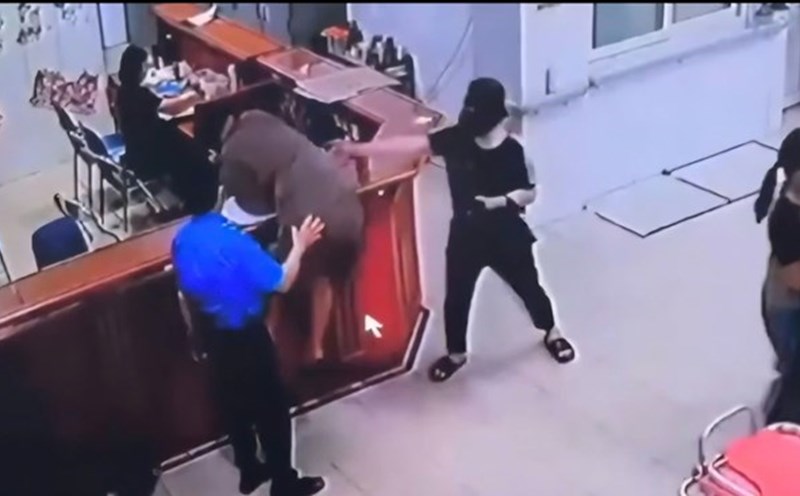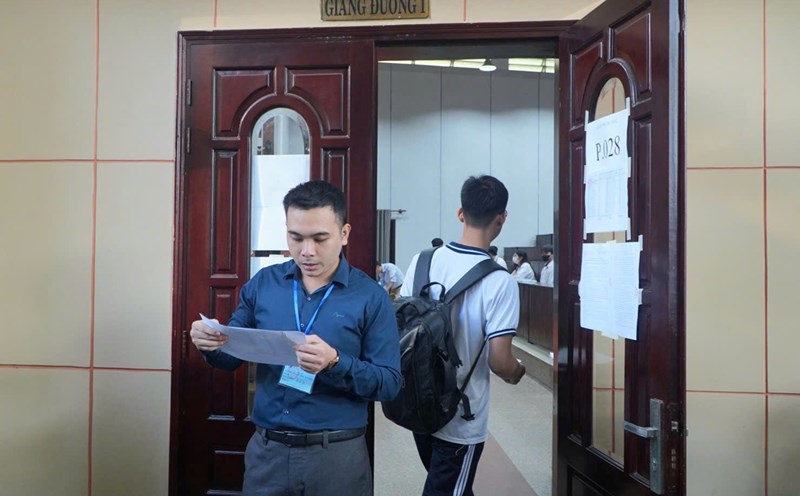A female medical worker was suddenly run over by a man and assaulted at the reception counter at the Emergency Department, Nghe An General Friendship Hospital at around midnight.
The images recorded by the camera were clear, the incident took place in just a few seconds but were enough to shock witnesses and cause public outrage.
This is no longer a rare story or an isolated incident. Because similar incidents have been repeated many times in the past, in many hospitals across the country. However, the health sector has not yet had a completely preventive solution.
The victims are people who are working in places that require high concentration, always struggling with life pressure, and being attacked by their own patients or relatives.
More worryingly, assaults like this are not only individual acts of violence, but also show a big loophole in protecting the safety of medical staff - who should work in a respectful and absolutely protected environment.
Hospitals cannot become places where medical staff have to both be professional and take precautions against assault. Each attack not only poses a risk to physical health but also leaves serious psychological wounds.
When a sense of fear appears, no one can focus on saving people, which affects the spirit of medical ethics when facing the pressure and risks from patients' relatives.
It is worth mentioning that up to now, many hospitals still do not have a professional process for responding to violent situations. The internal security force is mainly formal, reacts passively, has no support tools and does not coordinate effectively with local authorities.
It is time to not consider attacks on doctors, nurses, and administrative staff as misunderstandings or temporary loss of control.
This is a serious violation of the law, requiring public and rigorous handling to set an example, not only directly protecting victims but also maintaining the reputation and safety of the entire medical industry.
At the same time, it is necessary to build specialized hospital security procedures, especially in areas prone to conflicts such as the Emergency Department, the Department of Pediatrics, the Department of Obstetrics and Gynecology... where they are often exposed to sensitive situations.
Each shift requires a hotline to coordinate with local police, rapid response teams and even deploy professional security personnel if necessary.
The health sector is the front line in taking care of people's health. They deserve to be protected by law, a safe corridor and the respect of the community.
If the situation of medical staff having to work in fear continues, the first damage is the patients and the health sector when the staff lose motivation to examine and treat diseases.












